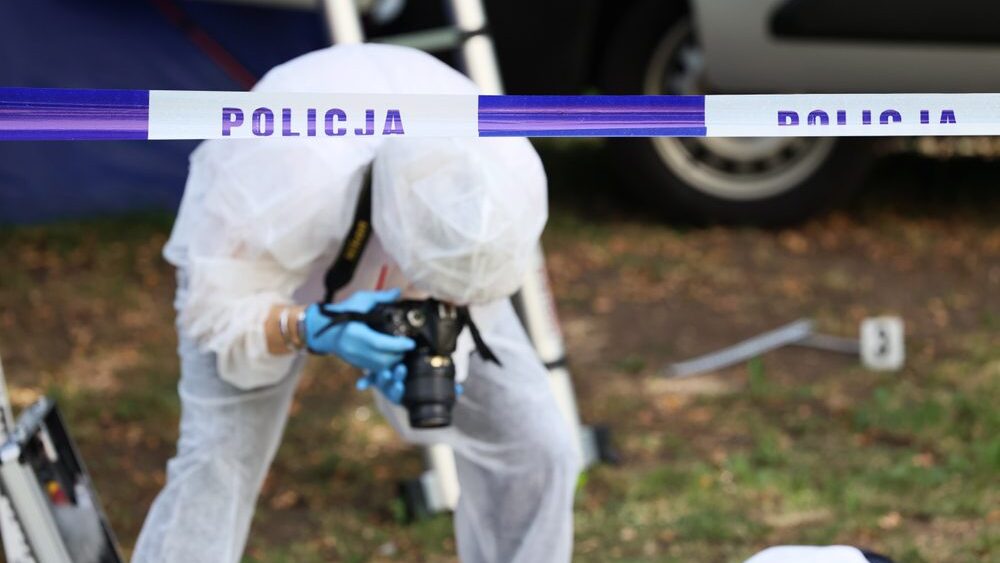
Photo: DarSzach / Shutterstock.com
The reform of the Polish penal code will come into force this Sunday, October 1st, with those found guilty of murder, rape, theft, or drunk-driving offenses receiving harsher sentences.
The amendments to the criminal law were passed by the conservative majority of the parliament last year, and signed by President Andrzej Duda in December. Justice Minister Zbigniew Ziobro previously said that “punishments must be severe enough to effectively deter especially the most dangerous criminals, those who commit crimes against people’s lives, health and freedom.”
Rape with extraordinary cruelty, for instance, will now carry a sentence of up to 30 years in prison or life imprisonment. Until now, it was punishable by up to 15 years in prison. Child rape will also be punishable by up to 30 years in prison or life imprisonment. The statute of limitations on murder will be extended from 30 to 40 years. The so-called absolute life sentence, i.e. life imprisonment without the possibility of parole, will also be introduced.
Driving under the influence will also be punished more severely, with the gravest offenders having their cars seized, and the maximum sentence for causing an accident that leads to death or serious injury raised from 12 to 16 years in prison.
The reform was heavily criticized by opposition parties, who called the changes “repressive”.
“One of the fundamental, basic duties of the state is to ensure the security of the people,” the justice minister said.
At the time of adopting the amendments, murder rates in Poland were relatively high. Compared to a record low of 456 murders in 2016, the number of murders rose by over 22% year-on-year to 641 in 2020 and then remained high, at 625, in 2021—the years of the COVID pandemic. Since then, police in Poland recorded 507 murders last year, a drop of 19% compared to 2021. Meanwhile, the number of thefts reported in Poland increased by 13% to 124,000 in 2022— the second year in a row that the figure has risen. The increase has coincided with soaring inflation.
The debate over the reintroduction of capital punishment was also stirred up following the death of an eight-year-old boy at the hands of his stepfather. The boy was hospitalized with burns and broken bones caused by his stepfather’s physical abuse. He later died from those injuries. A poll found that 48% of citizens would restore the death penalty for brutal crimes, with 46% disagreeing. Prime Minister Mateusz Morawiecki said early this year that the death penalty should be admissible for the heaviest crimes, calling its abolition in 1997 premature.
